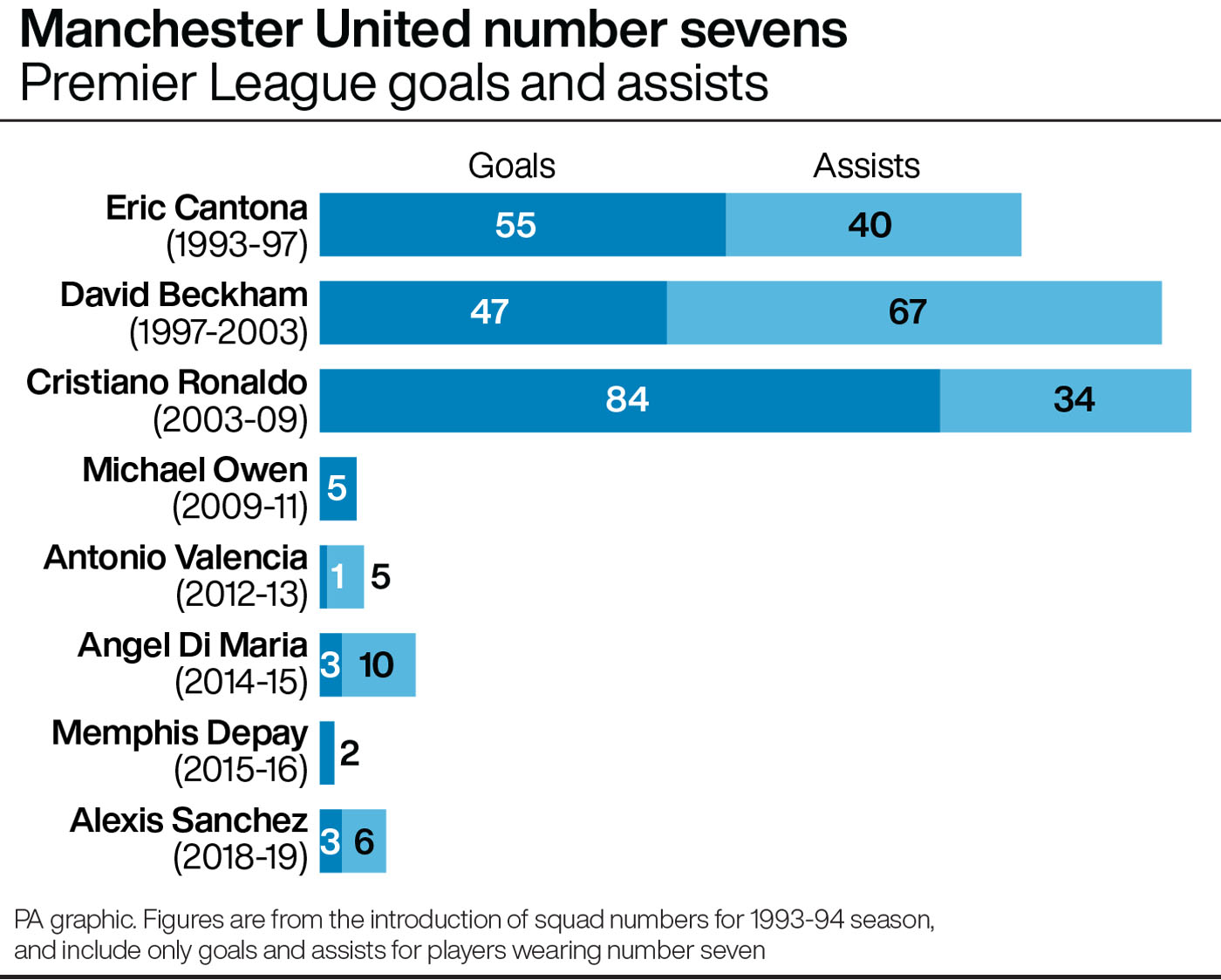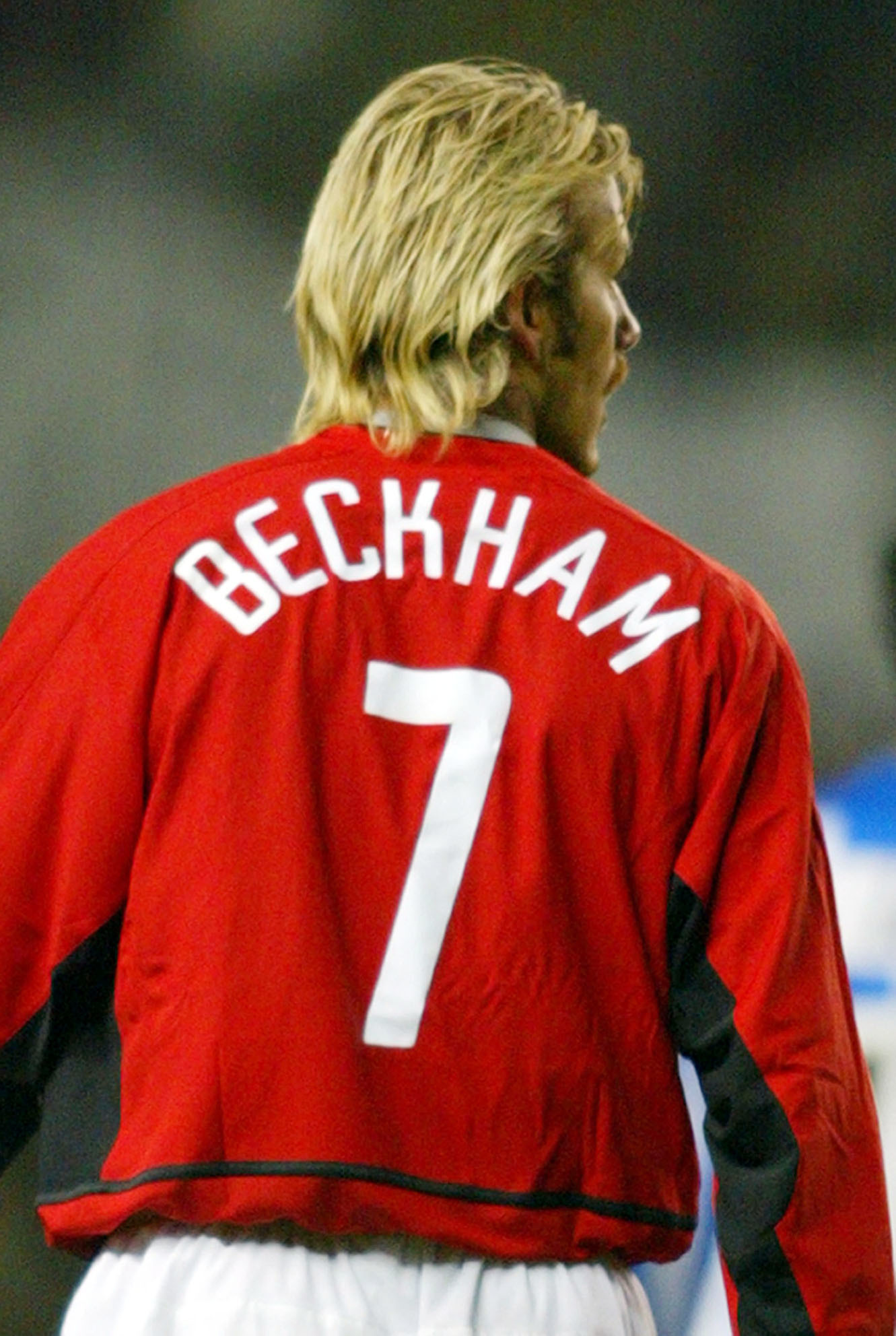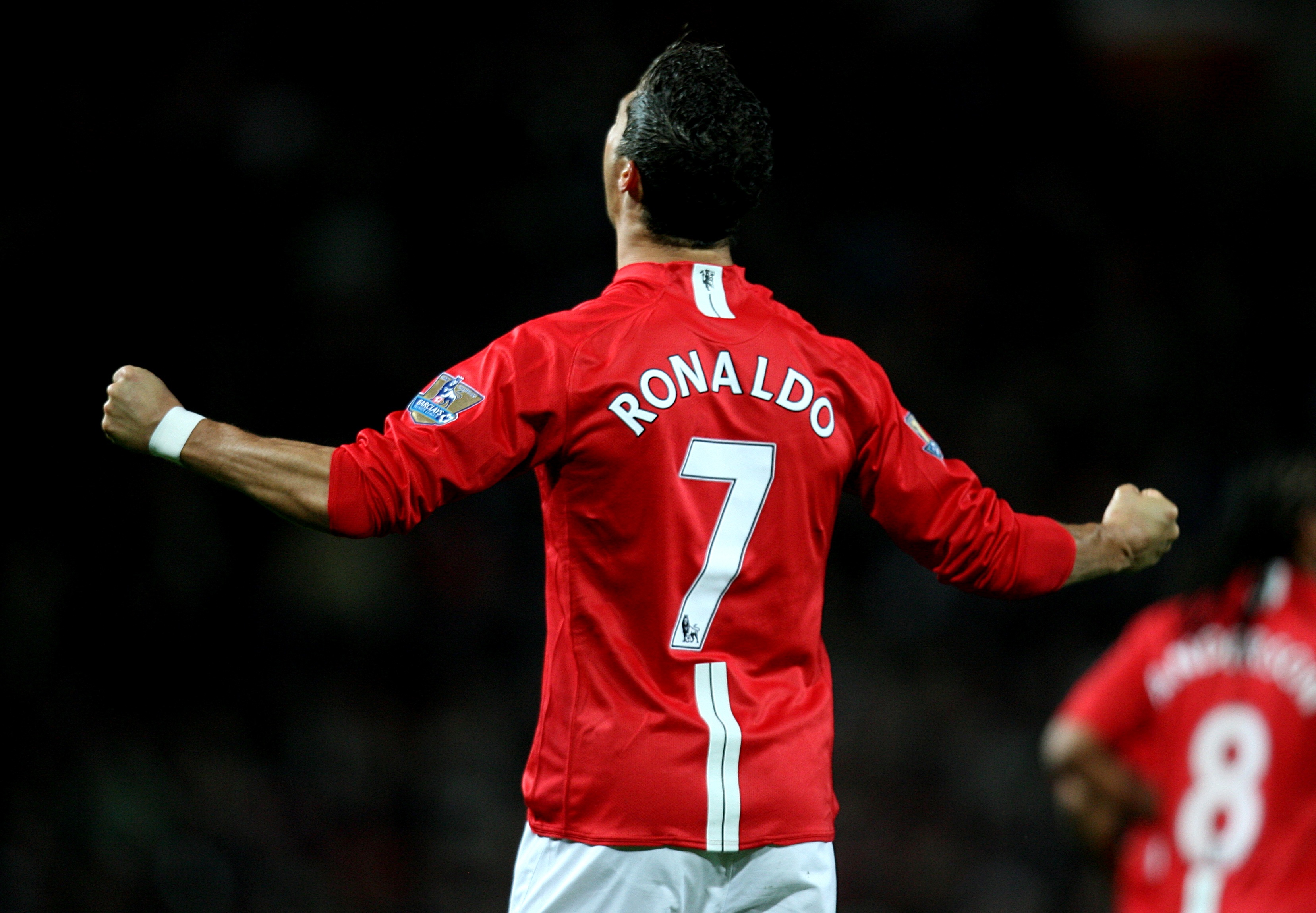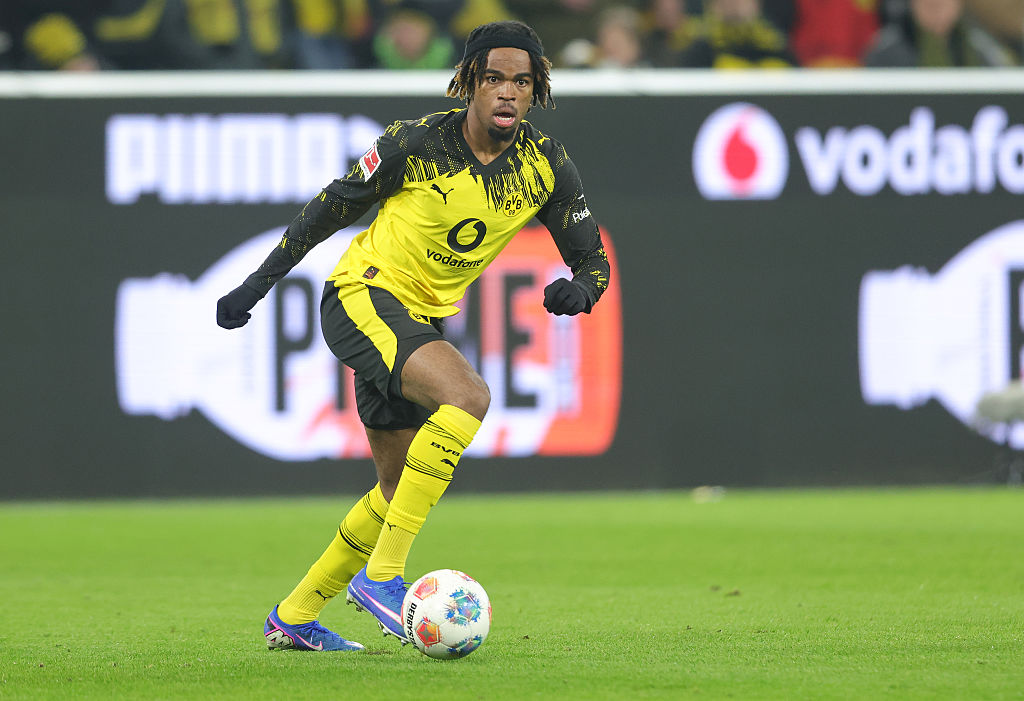United hoping Edinson Cavani proves a magnificent seven

The best features, fun and footballing quizzes, straight to your inbox every week.
You are now subscribed
Your newsletter sign-up was successful
Want to add more newsletters?

Five times a week
FourFourTwo Daily
Fantastic football content straight to your inbox! From the latest transfer news, quizzes, videos, features and interviews with the biggest names in the game, plus lots more.

Once a week
...And it’s LIVE!
Sign up to our FREE live football newsletter, tracking all of the biggest games available to watch on the device of your choice. Never miss a kick-off!
Join the club
Get full access to premium articles, exclusive features and a growing list of member rewards.
Edinson Cavani is the latest player to take on Manchester United’s famous No 7 shirt after making his debut against Chelsea last weekend.
United enjoyed success with the first three players to take seven as their squad number, with Eric Cantona, David Beckham and Cristiano Ronaldo carrying on the legacy left by the likes of George Best and Bryan Robson.

Subsequent incumbents, though, have struggled to live up to those lofty heights, with big names such as Michael Owen and Alexis Sanchez failing to produce their best.
Cavani will look to turn the tide and as the Uruguayan hopes for a first league start, the PA news agency takes a closer look at his predecessors.
Eric Cantona
genius/ˈdʒiːnɪəs/𝗻𝗼𝘂𝗻— Manchester United (@ManUtd) November 26, 2019
Goals: 55
Assists: 40
The France star was the first to take number seven as an allocated squad number for United, having worn the shirt for some of the inaugural Premier League season when the traditional one-to-11 system was still in place. He wore the shirt – its collar turned up in trademark style – for four more seasons, contributing 55 goals and 40 assists despite serving an eight-month ban for a kung-fu kick on a Crystal Palace fan. There were plenty of memorable strikes along the way and Cantona was United’s top scorer with 14 league goals in 1995-96, one of four title-winning seasons he enjoyed at Old Trafford.
David Beckham

Goals: 47
Assists: 67
The best features, fun and footballing quizzes, straight to your inbox every week.
Beckham announced himself with a famous goal from the halfway line while wearing number 10 but there is little doubt over his preference – he even gave his daughter Harper the middle name Seven after forging his reputation in that shirt for club and as captain of his country. He won four more league titles after inheriting the shirt full-time from Cantona in 1997, formed a superb right-sided partnership with Gary Neville and his crossing and free-kicks were vital to United’s success.
Cristiano Ronaldo

Goals: 84
Assists: 34
Who could follow Cantona and Beckham? Step forward Ronaldo, one of the greats of the modern era. He arrived from Sporting Lisbon as an unproven teenager and asked manager Sir Alex Ferguson for the number 28 shirt, only to be handed instead the famous number seven. Ronaldo increased his influence through each of his first five seasons, peaking with 31 league goals in 2007-08 as he won the Ballon d’Or and United claimed the second of three successive titles before his departure for Real Madrid.
Unlucky number seven
🎹 Ladies and gentlemen, please take your seats. Introducing #Alexis7…#GGMU#MUFC@Alexis_Sanchezpic.twitter.com/t9RIIx4mE4— Manchester United (@ManUtd) January 22, 2018
The shirt’s five inhabitants since Ronaldo have managed only a combined total of 35 goals and assists in six seasons – not even matching the goal tally of Beckham, primarily a creator.
Owen scored five times in two injury-hit campaigns and while an exception can probably be made for Antonio Valencia, who wore the shirt for one season before switching as his role became steadily more defensive, his contribution of one goal and five assists was hardly in line with his predecessors.
Angel Di Maria’s 10 assists in 27 league appearances was a good return, with three goals along the way, but the Argentinian never truly settled and moved on to Paris St Germain after a year.
#MUFC debut ✅— Manchester United (@ManUtd) October 24, 2020
Memphis Depay was a non-factor, scoring just twice, but the biggest disappointment was Sanchez.
The Chilean was established as Arsenal’s star man but failed to replicate that form after an exchange deal involving Henrikh Mkhitaryan – and the accompanying grandiose announcement on social media. Three goals and six assists came in more than 30 games across two seasons before he joined Inter Milan, initially on loan and then a free transfer.
 Join The Club
Join The Club










